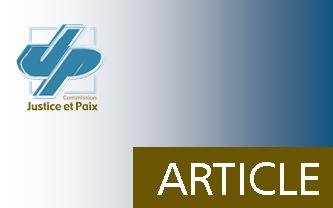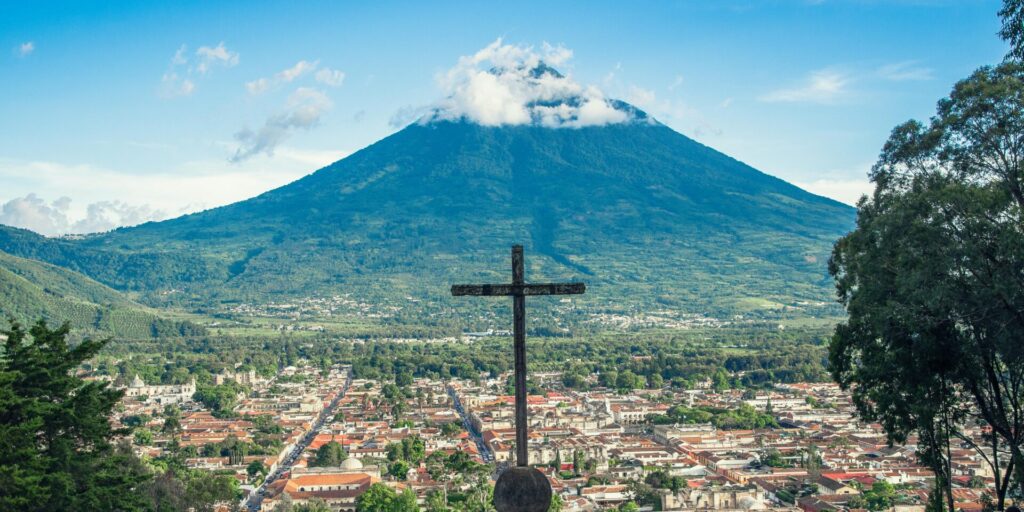The construction of a security barrier around the port of Calais has provoked strong reactions. While migrants are being prevented from entering Europe and lives are being lost at sea off the coast of Spain, Italy, Greece, etc., in Calais, they are being prevented from leaving. And they are held in a geographical and legal impasse. To justify this paradox, the European Union relies on the response to an alleged external “threat” and on the fight against trafficking in human beings. [1]European Pact on Asylum and Immigration, September 24, 2008, http://europa.eu/legislation_summaries/justice_freedom_security/free_movement_of_persons_asylum_immigration/jl0038_fr.htm . In France, associations are mobilizing to denounce European security immigration policies and the reception reserved for migrants [2]Joint call from civil society associations “No to the “wall of shame” in Calais”, December 2014, www.migreurop.org/article2557.html.
The situation of migrants in Calais is deteriorating. At the start of 2015, there were nearly 2,500 migrants there. [3]Migrant service platform, www.psmigrants.org/site. Mostly from Eritrea, Sudan, Iraq, Libya or Syria, they are fleeing war, dictatorship or arbitrariness, in search of protection in Europe. However, they are designated as clandestine criminals, against whom States are developing effective means of combat. The United Kingdom, after refusing to sign the Schengen agreements on free movement within the European Union [4]To find out more about the Schengen area, see the study carried out by Yves Pascouau, European Policy Center: … Continue reading, plans with the help of France the construction of a 4 meter high security barrier, bristling with barbed wire, on the French port. The purpose of this wall is to prevent migrants from embarking to England. These migrants are thus stuck in a geographical and legal impasse. It is often impossible for them to submit an asylum application in France due to the “Dublin Regulation”; European text according to which the first State crossed by a migrant is responsible for his asylum request, and which tends to make European States located on the borders of the European Union responsible for the majority of asylum requests submitted in Europe [5]See on this subject the study carried out by Cimade: www.lacimade.org/poles/defense-des-droits/rubriques/2-droit-d-asile-?page_id=2951. States therefore pass the buck, block legal crossing routes and define rules whose losers are migrants and the arbiters are drones and other surveillance technologies.Attachments
Notes[+]
| ↑1 | European Pact on Asylum and Immigration, September 24, 2008, http://europa.eu/legislation_summaries/justice_freedom_security/free_movement_of_persons_asylum_immigration/jl0038_fr.htm |
|---|---|
| ↑2 | Joint call from civil society associations “No to the “wall of shame” in Calais”, December 2014, www.migreurop.org/article2557.html |
| ↑3 | Migrant service platform, www.psmigrants.org/site |
| ↑4 | To find out more about the Schengen area, see the study carried out by Yves Pascouau, European Policy Center: www.migrations-magazine.be/les-numeros/9-chroniques-de-l-europe-forteresse/ item/171 |
| ↑5 | See on this subject the study carried out by Cimade: www.lacimade.org/poles/defense-des-droits/rubriques/2-droit-d-asile-?page_id=2951 |
| ↑6 | Europe 1, August 29, 2014, http://bcazeneuve.overblog.com/2014/08/matinale-europe-1-29-aout-2014.html |
| ↑7 | On this subject, see the Salam sites: www.associationsalam.org/, L’Auberge des Migrants: www.laubergedesmigrants.fr, Secours Catholique: http://pasdecalais.secours-catholique.org/, from Emmaüs France: http://emmaus-france.org/, and Médecins du Monde: www.medecinsdumonde.org/En-France/Calais |
| ↑8 | Le Monde, December 18, 2014, http://abonnes.lemonde.fr/societe/article/2014/12/18/demandons-au-hcr-de-creer-un-camp-de-refugies-a-calais_4542755_3224.html |
| ↑9 | Médiapart, September 24, 2014, http://blogs.mediapart.fr/blog/claude-calame/240914/calais-des-murs-contre-limmigration |
| ↑10 | Étienne Balibar, “What is a border?”, http://exil-ciph.com/htdocs/ressources_dwnld/textes/B/BalibarFrontiere.pdf |
| ↑11 | To find out more about Frontex, see the Frontexit campaign: www.frontexit.org/fr/ |
| ↑12 | Claire Rodier, “Freedom of movement: a right, what policies? ", http://ldh-toulon.net/Claire-Rodier-instaurer-la-liberte.html |
| ↑13 | Article 13 of the European Union directive of January 27, 2003, establishing minimum standards for the reception of asylum seekers |
| ↑14 | www.hrw.org/fr/news/2015/01/20/france-les-migrants-et-les-demandeurs-dasile-victimes-de-violence-et-demunis |




